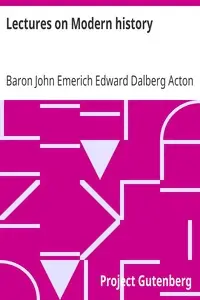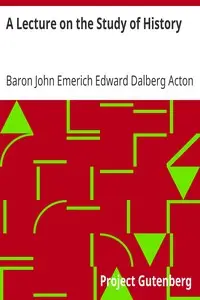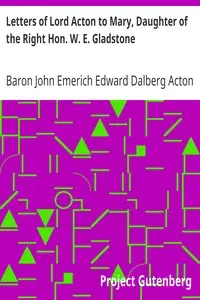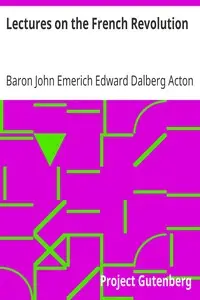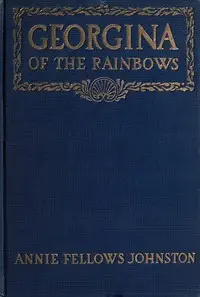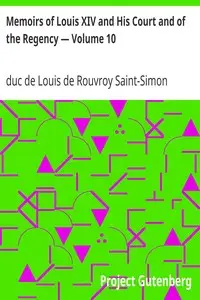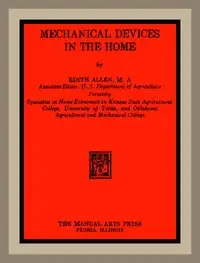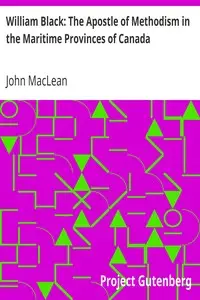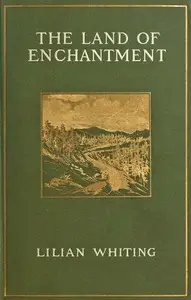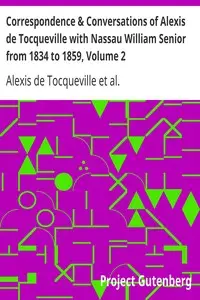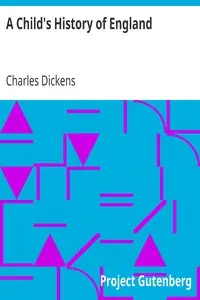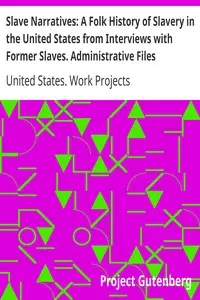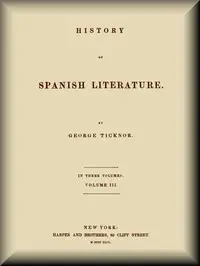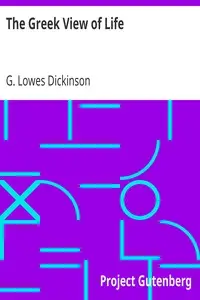"The History of Freedom and Other Essays" by John Emerich Edward Dalberg-Acton is a collection of historical essays written in the early 20th century. The essays delve into the evolution of the concept of freedom, analyzing its manifestations and movements throughout antiquity and Christianity. Acton examines how liberty interacts with political structures and societal norms, providing insights into the complexities of freedom's development over time. The opening of the work introduces the historical context of freedom, emphasizing its importance as both a motivating force for virtuous actions and a justification for wrongdoing throughout history. Acton highlights that true liberty is the knowledge that individuals are protected when acting according to their beliefs, especially against the pressures of authority and the majority. He outlines the struggles that nations have faced in pursuit of freedom and critiques various political systems that have either upheld or undermined these principles, leading to a rich discussion on the relationship between authority and individual rights. Through a variety of historical examples, he begins to set the framework for a broader exploration of how liberty has been interpreted and challenged throughout the ages. (This is an automatically generated summary.)
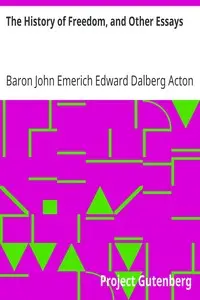
The History of Freedom, and Other Essays
By John Emerich Edward Dalberg Acton Acton
"The History of Freedom and Other Essays" by John Emerich Edward Dalberg-Acton is a collection of historical essays written in the early 20th century....
John Emerich Edward Dalberg-Acton, 1st Baron Acton, 13th Marquess of Groppoli,, better known as Lord Acton, was an English Catholic historian, politician, and writer. A strong advocate for individual liberty, Acton is best known for his timeless observation on the dangers of concentrated authority. In an 1887 letter to an Anglican bishop, he famously wrote, "Power tends to corrupt, and absolute power corrupts absolutely," underscoring his belief that unchecked power poses the greatest threat to human freedom. His works consistently emphasized the importance of limiting governmental and institutional power in favor of individual rights and personal liberty.

